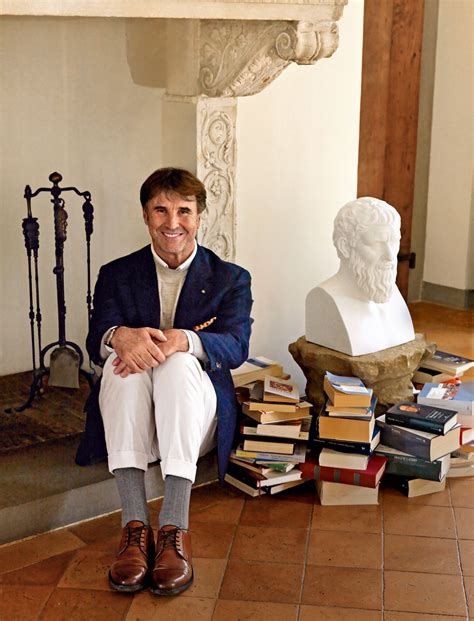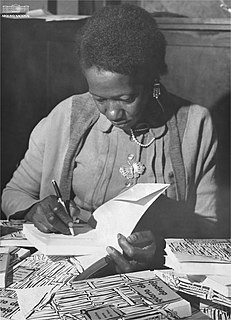A Quote by Kehinde Wiley
In the end, so much of what I wanted to do was to have a body of work that exhaustively looked at black American notions of masculinity: how we look at black men - how they're perceived in public and private spaces - and to really examine that, going from every possible angle.
Related Quotes
Black is overrated. You'll never find it in my stores. Of course it's slimming, but it's just used too much, especially for men. One black suit by one designer, another one by another - they all look the same in the end. If I walk into a crowded hotel lobby and I'm wearing a black suit, I just look like everyone else.
As a black person on the outside, because there's so much black art and so much of black people's work circulating, so many people imitating what black people do, you would think that there'd be more black people on the business side. It didn't cross my mind that every label head, for the most part, is a white guy.
Black women are some of the most colorful women in the world. We come in all shadeshave so many hair textures..eye colors..body types. In this generation, it's sad to see so many black girls claiming ethnicities that they know nothing about in hopes of impressing a man or appearing 'exotic'. So many people act as if being black and beautiful is impossible. It's not. If we wanna get technical and look at our history, almost every black American is mixed. But we must stop implying that a woman's beauty comes from a part of her that is not black.
There's no reason why you can't say "August Wilson, playwright" even though all of my work, every single play, is about black Americans, about black American culture, about the black experience in America. I write about the black experience of men, or I write about black folks. That's who I am. In the same manner that Chekhov wrote about the Russians, I write about blacks. I couldn't do anything else. I wouldn't do anything else.
To understand how black projects began, and how they continue to function today, one must start with the creation of the atomic bomb. The men who ran the Manhattan Project wrote the rules about black operations. The atomic bomb was the mother of all black projects, and it is the parent from which all black operations have sprung.
They used to call me Firefly when I was a little girl, and I always tried to figure out why I was being called a firefly. I was really black, black, black from the sun. After being in Jamaica for 13 years, my eyes were really beady and white, and my skin was really black. I must have really looked like a fly. My eyes looked like lights, like stars.
I think the play offers (white Americans) a different way to look at black Americans For instance, in 'Fences' they see a garbageman, a person they don't really look at, although they see a garbageman every day. By looking at Troy's life, white people find out that the content of this black garbageman's life is affected by the same things- love, honor, beauty, betrayal, duty. Recognizing that these things are as much part of his life as theirs can affect how they think about and deal with black people in their lives.
I wanted to play roles which offered new ways of viewing black women and black people in general- and I have done that. And I have always, whether I needed to pay the rent or not, I've always turned down roles which I thought were stereotypical. And so when I look at my body of work in that respect, I am really happy. Because I feel my work does say something positive and that was what I always set out to do.





































